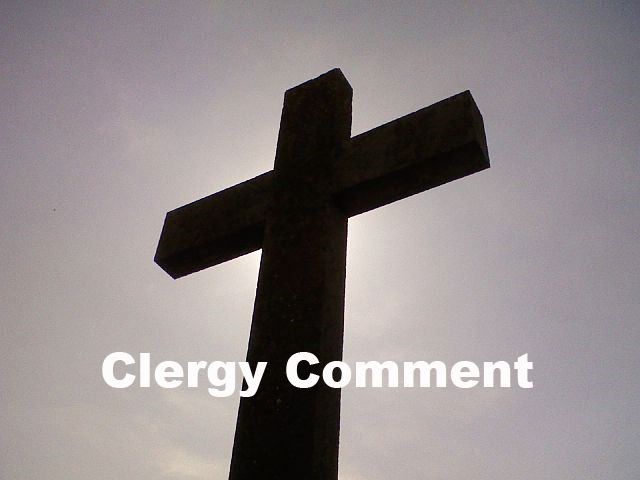Most of us would consider freedom of speech to be an inalienable human right and something absolutely foundational to a free society. But it's also worth considering that freedom of speech is a Christian concept based on the words of Jesus, who said, you shall know the truth and the truth shall set you free (John 8:32).
Several years ago, while working in Saskatchewan, I became friends with a young man who had come from Iran to study and practice medicine here in Canada. In the process of time I asked him why he had left his beautiful homeland and the security of a good job as a medical doctor to take up residence in Canada.
His answer, I realized, is something that we Canadians easily take for granted. He said that in his country it was impossible to express any kind of disagreement with the leadership and government of his land. He had come largely because Canada offered freedom to inquire and to speak one's mind even against prevailing notions of reality.
One of the great values of a democratic society, I have come to realize, is the freedom given to express disagreement with certain points of view that may be commonly held by many. But freedom of speech is a value that might easily be threatened in the name of discrimination.
It's true that there may be a fine line, at times, between freedom of expression and what some would consider discrimination. This confusion was demonstrated recently in the Canadian parliament's discussion and conclusion regarding M-103, which sought to condemn any expression deemed Islamophobic. It raised the question of freedom of speech because of how obviously difficult it is to define a pejorative term like Islamophobia.
Shouldn't one have the right to openly question and discuss a belief system without being charged with discrimination? Isn't that the nature of freedom of speech? It only becomes a problem when people are ill-treated for their beliefs or, if they are forced to conform to beliefs that are contrary to their own best understanding. Such a result may even be regarded as reverse discrimination - a situation in which a well-reasoned perspective might be maligned.
Another case involved the recent censorship of a Canadian senator, Lynn Beyak. She was removed from a Senate committee on aboriginal affairs for merely suggesting it was unfortunate that the 2015 Truth and Reconciliation Commission report didn't include a focus on some who had positive experiences in residential schools.
It's ironic that in a time of extreme tolerance, there appears so be little tolerance for views that may be legitimately contrary to popular notions. It seems to me that there are many examples of this in our society.
One can't help but conclude that Jesus' words about the truth also have meaning in that context.
We need to take care lest societal passions trump legitimate questions about knowing the truth.



